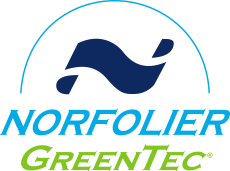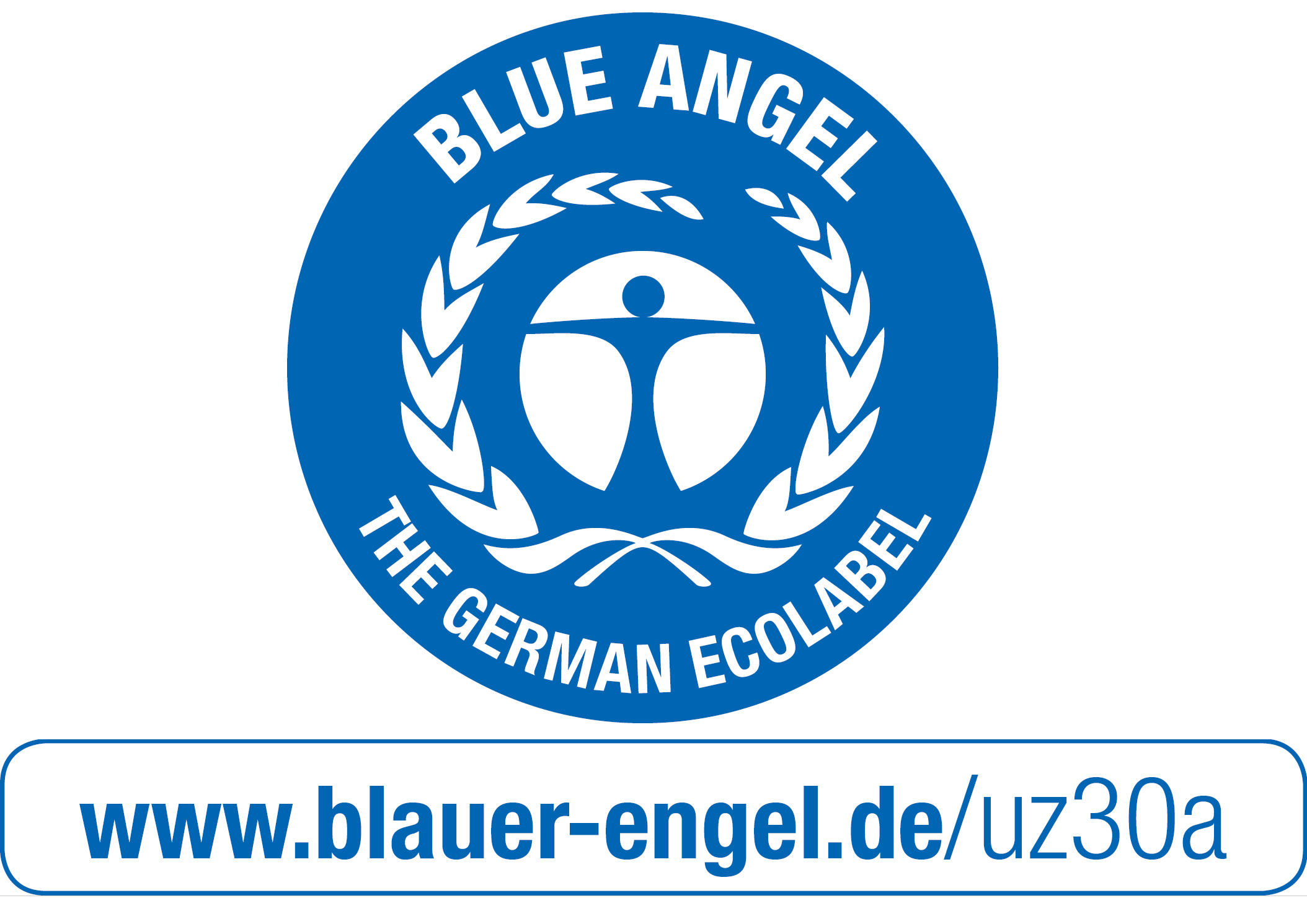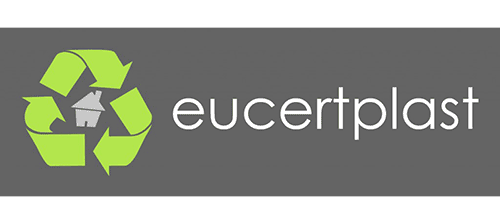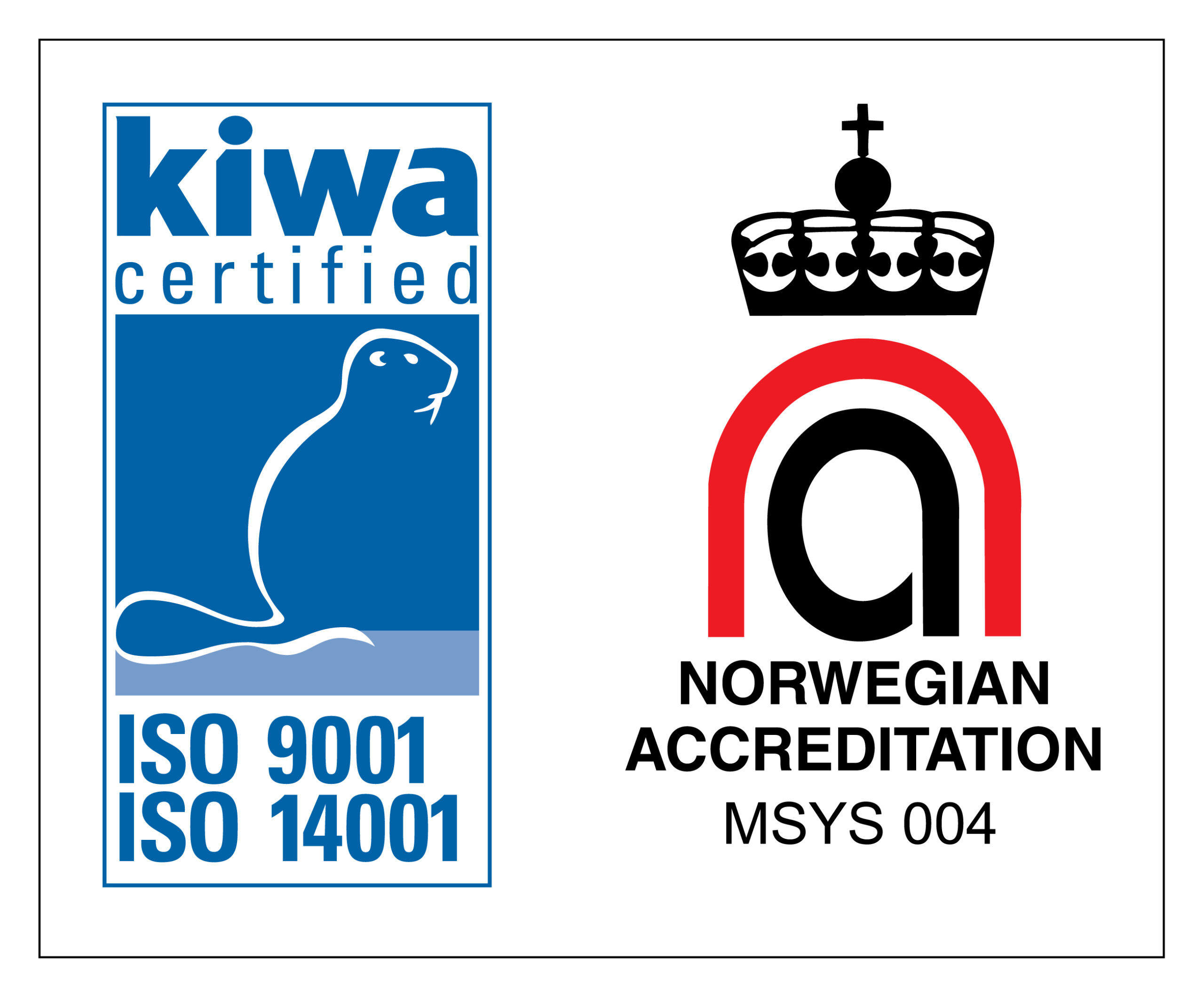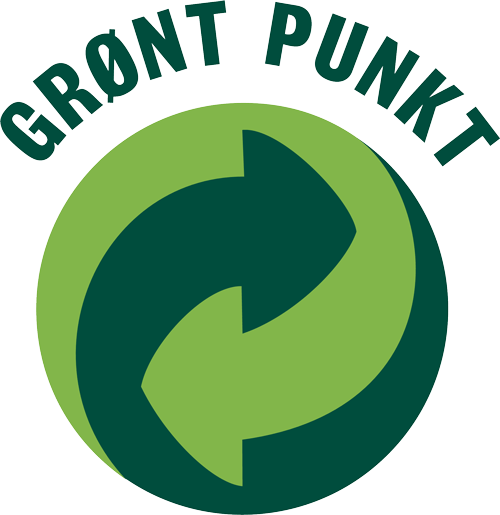Tyske ”Der Blaue Engel / The Blue Angel” The Blue Angel is the world's oldest environmental label program. Der Blaue Engel is the official environmental label program in Germany, and they assess all relevant environmental issues throughout the product's life cycle, similar to how the Nordic Ecolabel (Svanemerket) does in Norway. Therefore, the Nordic Ecolabel considers The Blue Angel as an equivalent environmental label. Please refer to the information provided on the Svanemerket website for more details. Merkeordning som tilsvarer Svanemerket
By using products that bear this symbol, you can be confident that you are doing something good for yourself, the environment, and the future.
- This environmental label is only awarded to the best products within a category.
- "Der Blaue Engel" is a Type I eco-label according to ISO 14024. Therefore, the label meets the highest requirements in terms of the standards it sets.
- This label is an important decision criterion for public tenders and B2B transactions.
EuCertPlast
EuCertPlast sertifiseringsordningens The goal is to enhance traceability of collected used plastic and improve the quality of recycling and trading practices for plastic waste. The certification scheme is co-financed by the European Commission.
A company becomes EuCertPlast certified after undergoing a comprehensive review of work procedures and traceability that covers the entire waste stream. EuCertPlast auditors review the entire recycling process annually, from waste arrival to the production of the final recycled product.
Only when a company meets all of EuCertPlast's stringent requirements can it become certified.
ISO 9001 og ISO 14001
ISO 9001 An international standard that specifies requirements for a quality management system when an organization:
- needs to demonstrate its ability to consistently deliver products and services that meet customer requirements and requirements in laws and regulations, and
- aims to enhance customer satisfaction through effective application of the system, including processes for system improvement and ensuring compliance with customer requirements and requirements in applicable laws and regulations.
ISO 14001 er en internasjonal standard for utforming og implementering av et miljøstyringssystem (EMS).
- ISO 14001-kravene gir et rammeverk og retningslinjer for å lage ditt miljøstyringssystem slik at du ikke går glipp av viktige elementer som trengs for at et EMS skal lykkes.
EcoVadis
EcoVadis er en globalt anerkjent vurderingsplattform som vurderer bedrifters bærekraft basert på fire nøkkelkategorier: miljøpåvirkning, arbeids- og menneskerettighetsstandarder, etikk og anskaffelsespraksis.
Bærekraftvurdering
For selskaper som blir vurdert, gir EcoVadis Ratings en detaljert vurdering av bedriftens bærekraftprestasjoner på områder som miljø, arbeids- og menneskerettigheter, etikk og bærekraftige anskaffelser. De lettleste scorekortene, med poengsummer fra 0 til 100 og opptjente prestasjoner (medaljer og merker), fremhever styrker og forbedringsområder, slik at du kan fokusere din bærekraftsinnsats effektivt. Dette hjelper deg med å identifisere forbedringsområder og utvikle målrettede handlingsplaner.
Vi er stolte over å ha oppnådd sølv merke i årets ecovadis sertifisering som viser at vi er topp 15% av firmaer vurdert det siste året av ecovadis.
Carbon footprint – CO2 footprint
The purpose of this carbon footprint assessment is to calculate the climate impact of producing waste bags made from recycled PE at Norfolier's facility in Notodden.
The carbon footprint of the waste bags is compared against examples of producing standard bags made from virgin materials in Germany and China.
The result indicates that the carbon footprint of waste bags made from recycled materials is more than 10 times lower than that of equivalent bags made from virgin materials.
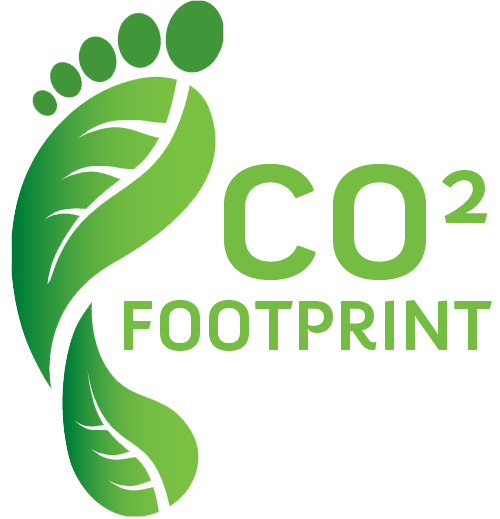
Grønt Punkt Norge (Green Dot Norway)
Grønt Punkt Norge (Green Dot Norway) Grønt Punkt Norge is a non-profit membership organization. All businesses that place products on the market are required to take responsibility for the packaging once it becomes waste. This responsibility is effectively managed through membership with Grønt Punkt Norge.
The contribution paid by the company is entirely used to incentivize, narrow down, and recycle the packaging. Grønt Punkt Norge takes responsibility nationwide wherever the packaging becomes waste.
Do you want a copy of a certificate click here to request.
